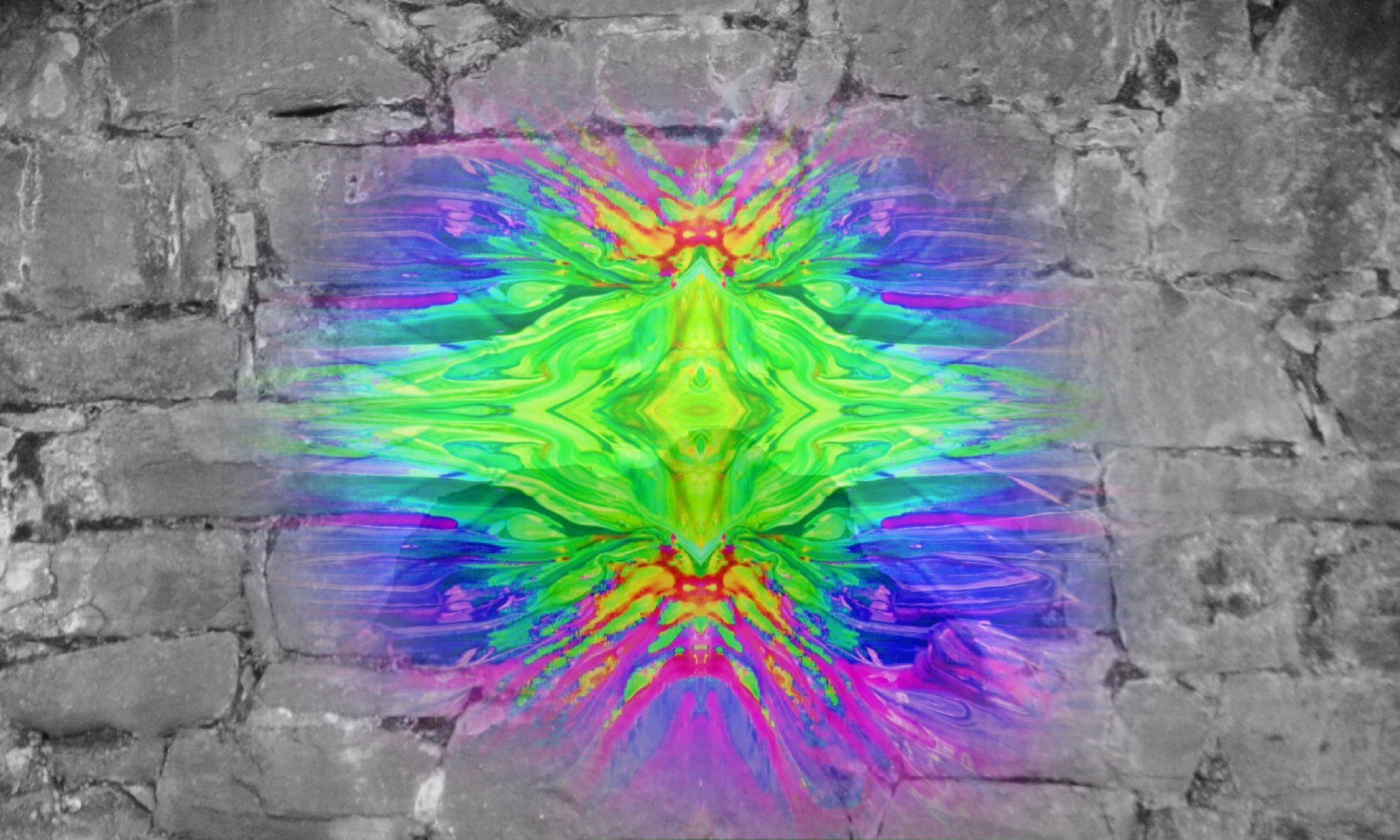I’ve never really seriously taken into consideration that I might, someday, write a non-fiction book. Humor, perhaps. But a screed/diatribe/exposition on one subject? I don’t think I’d have the patience – or expertise enough in one subject – for that. But I’m close to changing my mind. The subject? Why and how I just changed my mind. OPINION.
Since you have to have a “BOLD TITLE: Followed by a colon and some quip or pithy summary,” I think I’ll call it “WRONG! OR AM I?: How Hard it is to Change your Opinion… Or is it?”
I guess I could work on that. I heard a snippet from a podcast, probably “The Skeptic’s Guide to the Universe,” remarking upon how when you confront people about an instance in which they changed their minds about something, they say, “Sure!” but when you ask for an example, they say, “Uh… uh.. hold on.” Nothing comes immediately to mind. But eventually, they think of something. Any mature and reasonable human can eventually call to mind a subject on which they changed their opinion.
But why is it difficult to recall that right away? Because it’s a process. If you can recall an issue in which you reversed yourself, it’s highly unlikely you can think of that ONE MOMENT in which you suddenly decided, “OK, I guess tomatos are fruit,” or “I give up, I guess Pluto’s not really a real planet.” No. It’s a gradual process. You learn and you evolve over time. Facts and evidence chip away at your opinion. You may have a moment someday, when you haven’t thought of something in a while, and realize that your mind has changed on it. But the revelation didn’t occur all at once – the realization may have, but the actual reversal didn’t.
But I have to delve deeper. Why does it take so much for us to change our minds? Presupposing, of course, that the issue is not borderline or personal. Say it’s something that is obvious to most people; there is overwhelming evidence, and it’s in front of us every day. I’ll go for the obvious, Climate Change. Why do so many insist on its lack of existence when there is no way they are right? Do they know it and they just cannot humble themselves and accept the evidence? Or is it merely a cynical stance that supports their broader political ethos?
Take the internet, the main place we see gatherings of opinion these days. It’s such an immediate medium. You can’t possibly convince someone with an opposing viewpoint to come over to your side. At least not quickly enough to satisfy anyone. Ideas have to seep in over time by osmosis, percolate, and soften the hard edges of a person’s stance. The concrete fortress of people’s opinions have to be made malleable over time, until (what are hopefully) facts can wedge their way in.
Look at your friends on Facebook. Can you remember anyone convincing anyone else of anything substantive? And the pointless, childish, futile insult-fests in the comment sections of articles and blog posts; how much effort at one-up-manship and needless rage happens in dark rooms across America and the world, with anonymous people verbally abusing each other? And for what? Fun? For some people, it’s fun, I suppose. It’s hard to account for tastes.
Why is it so difficult to say “OK, I guess I was wrong?” Well, I believe it’s a combination of things. Pride in being right. Fear of embarrassment in admitting error (and opening the door to the realization that you might be wrong on other things). Sheepishness in validating the fact that you’re not the smartest one on every subject. But it’s deeper than just that, I think. On a fundamental level, if we are proven wrong about something, do we believe that the person or people who proved us wrong are BETTER than us? Smarter, more tolerant, more insightful? Or, depending on our level of personal insecurity, that they are perceived by others to be superior to us? It’s an interesting question. Or maybe it’s not. Hell, I could be wrong.
I’ve been wrong before. It just took me a long time to figure it out.
